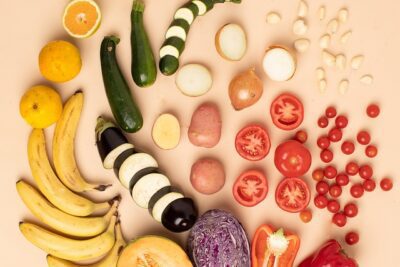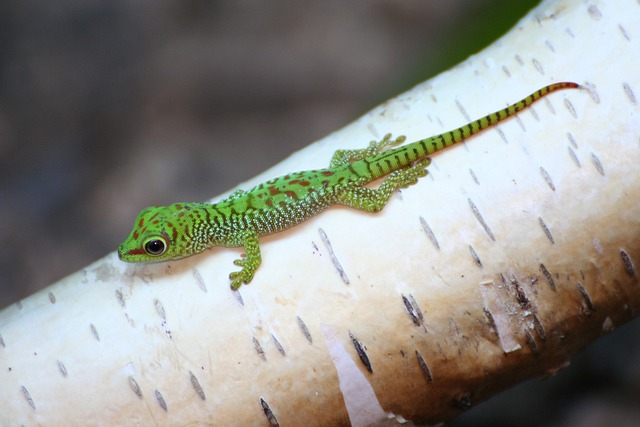



When it comes to taking care of a baby iguana, providing the right nutrition is crucial for their growth and overall health. Baby iguanas have specific dietary needs that must be met in order for them to thrive. In this article, we will explore the best food options for baby iguanas and how to ensure they receive a well-balanced diet.
Before diving into specific food options, it's important to understand the nutritional needs of baby iguanas. These reptiles require a diet that is high in fiber, low in fat, and rich in calcium and other essential vitamins and minerals. Leafy greens, vegetables, fruits, and protein sources are all important components of their diet.
Leafy greens should make up a significant portion of a baby iguana's diet. These greens are packed with essential nutrients and provide the necessary fiber for healthy digestion. Some of the best leafy greens for baby iguanas include collard greens, mustard greens, dandelion greens, and kale. These greens can be offered raw or lightly steamed to make them more palatable.
In addition to leafy greens, baby iguanas can benefit from a variety of vegetables. Some good options include bell peppers, squash, zucchini, carrots, and green beans. These vegetables provide additional vitamins and minerals and add variety to their diet. It's important to chop the vegetables into small, bite-sized pieces to make them easier for the baby iguana to eat.
While fruits should be offered in moderation due to their higher sugar content, they can still be a part of a baby iguana's diet. Some suitable fruits for baby iguanas include strawberries, blueberries, raspberries, and mangoes. It's important to remove any seeds or pits from the fruits before offering them to your pet.
Protein is an essential component of a baby iguana's diet, as it helps with muscle development and growth. Good sources of protein for baby iguanas include insects such as crickets, mealworms, and small dubia roaches. These can be offered live or gut-loaded to ensure they are nutritionally beneficial for your pet. It's important to remember that insects should only make up a small portion of their overall diet.
Calcium is crucial for the healthy development of a baby iguana's bones and overall growth. It's important to provide a calcium supplement in the form of a powder or liquid. This can be dusted onto their food a few times a week. Additionally, a multivitamin supplement can be beneficial to ensure they receive all the necessary vitamins and minerals.
Establishing a regular feeding schedule is important for baby iguanas. They should be fed small, frequent meals throughout the day to accommodate their fast metabolism. Aim to feed them 2-3 times a day, offering a variety of foods from different food groups. It's important to monitor their appetite and adjust the portion sizes accordingly.
Here are some additional tips to keep in mind when feeding baby iguanas:
- Always provide fresh, clean water for your pet to drink.
- Avoid feeding them foods that are high in oxalates, such as spinach and beet greens, as these can interfere with calcium absorption.
- Offer a variety of foods to ensure they receive a well-rounded diet.
- Monitor their weight and growth to ensure they are thriving.
- Avoid overfeeding, as this can lead to obesity and other health issues.
Providing the right food for baby iguanas is essential for their growth and overall health. By offering a variety of leafy greens, vegetables, fruits, and protein sources, along with calcium and vitamin supplements, you can ensure that your baby iguana receives a well-balanced diet. Remember to establish a regular feeding schedule and monitor their appetite and growth. With proper nutrition, your baby iguana will thrive and grow into a healthy adult reptile.
Leave a Reply
Related posts